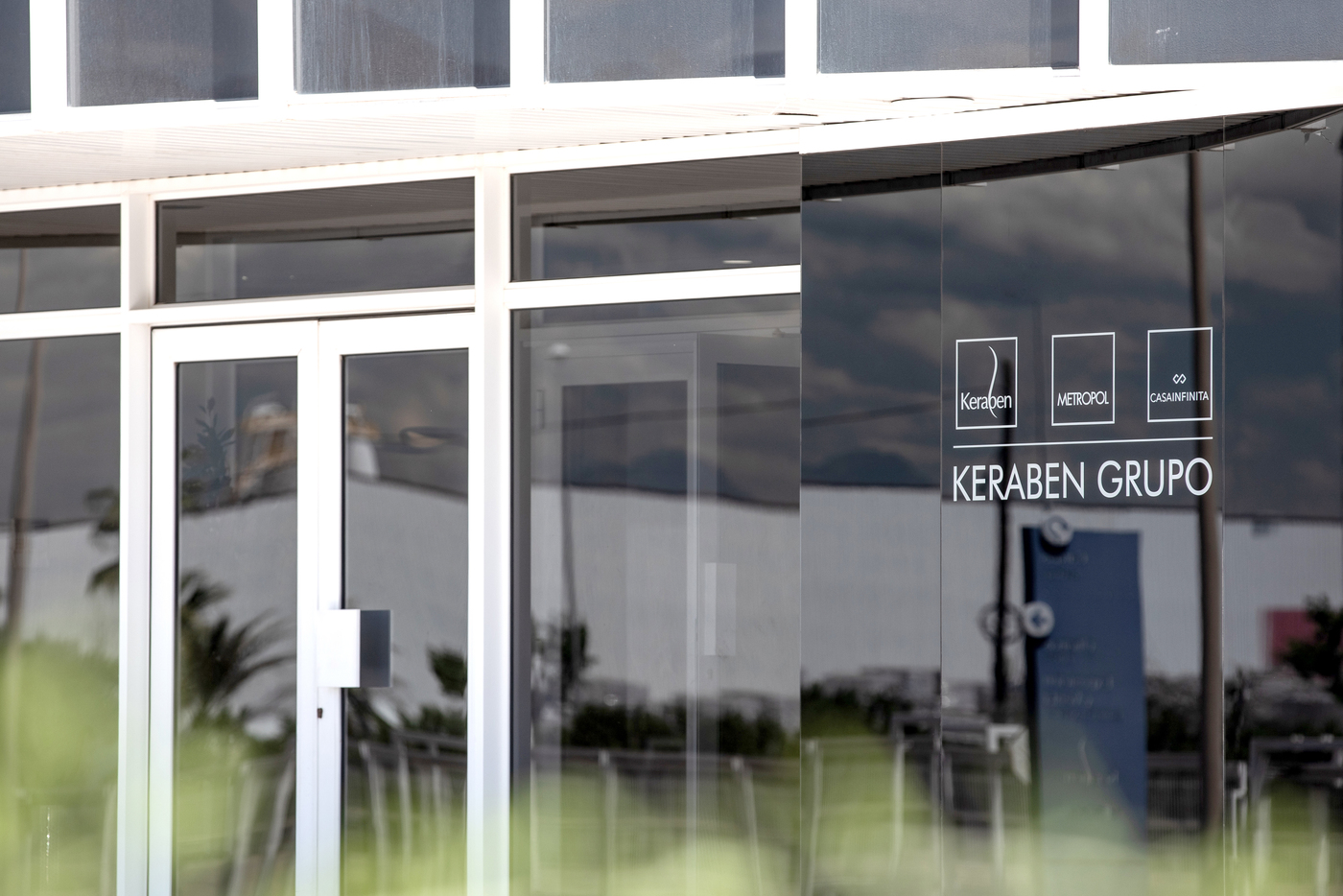Keraben Grupo is working on the development of lighter weight ceramic tiles

Keraben Grupo is working on the development of lighter weight ceramic tiles
Keraben Grupo continues to give priority to R&D and innovation, on this occasion by taking part in a new European project, LIGHTCOCE, aimed at the development of lighter weight multi-functional building materials. Behind the project is a consortium of 26 partners, including research centres, universities, technology suppliers and industries from 9 different EU member states. Spain is represented by 5 different bodies, including Keraben Grupo and the Institute for Ceramic Technology (AICE-ITC according to its Spanish acronym).

To provide backup for new developments by the consortium’s current industrial partners and by future companies interested in the service, solid infrastructure will be created within the framework of the project, consisting of a European network of test beds or pilot plants where innovative new materials and their manufacturing processes can be assessed.
These facilities will be made available to the network by different research centres on a sectoral basis and, in conjunction, they will represent a new innovation ecosystem. The aim is to act as a bridge between industry today and laboratory testing through a one-stop system for SMEs and European industries that identifies the partner most capable of assisting them in the development of new products and ideas.
The ecosystem will offer support for scale-up activities and other associated services with a wide range of end uses, from building materials (bricks, ceramic tiles) and infrastructure (ready-mix concrete, prefabricated components) to high-tech applications in the automobile and aerospace industries.
Since the project was put into operation in January 2019 at Athens National Polytechnic University (the NTUA), the participants have begun to analyse the equipment requirements and updating of the networks’ existing pilot plants. The second follow-up meeting for the project was held in late June at the ITC’s facilities in Castellón, where relevant technical discussions were held and an inspiring visit to Keraben Grupo’s production facilities was made.
Keraben Grupo and the ITC will join forces and use the new infrastructure to develop multi-functional lighter weight ceramic tiles. A study will be made of the potential offered by the use of different nano-materials and other agents in addition to ground-breaking manufacturing technologies so as to ensure that new lightweight ceramic tile products still maintain the properties of existing ones, while also adding new functionalities to them (anti-microbial or self-cleaning surfaces etc.).
This project has received funding from the European Union’s Horizon 2020 research & innovation programme. Its activities will end on December 31st 2022.
 Back
Back MoreNews
MoreNews


